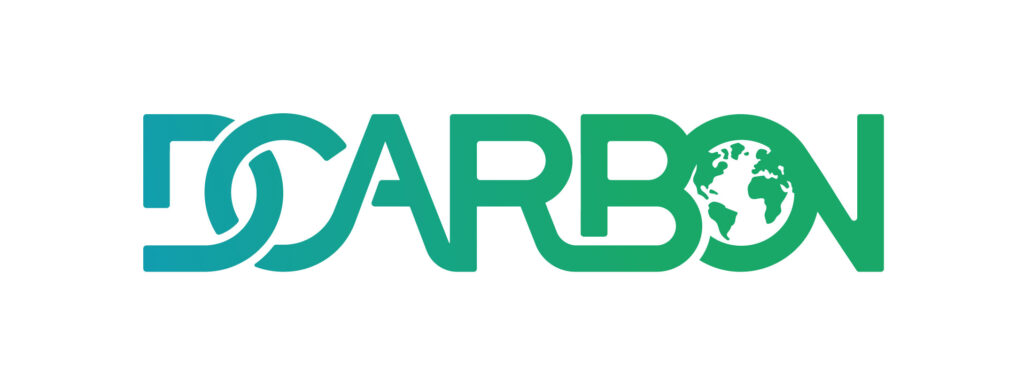Qatar's Commitment to Sustainability
Qatar has consistently demonstrated its dedication to sustainability and environmental stewardship since signing the UNFCCC in 1996. Milestones in Qatar’s journey include ratifying the Kyoto Protocol in 2005 and unveiling the Qatar National Vision 2030, a strategic framework launched in 2008 to achieve sustainable development and balance between economic growth, environmental preservation, and social progress. The country hosted the 18th COP in 2012 facilitating the global climate change discussions. In 2016, Qatar reinforced its commitment to global climate action by signing the Paris Agreement and has since implemented several measures to align with its objectives. Qatar submitted its first Nationally Determined Contribution (NDC) in 2017, outlining its strategy for emission reductions and climate resilience. Emir announced $100 million in the Climate Action Summit to support the developing countries climate change actions in 2019. In 2021, Qatar took a major step by launching its National Environment and Climate Change Strategy (NECCS), which integrates environmental objectives with economic and social priorities. To add on to the milestones, the nation hosted the first carbon-neutral FIFA World Cup in 2022, implementing sustainable practices in stadium construction and operations. Furthermore, aiming for carbon neutrality by 2050, Qatar is actively transitioning its energy and industrial sectors toward low-carbon pathways and also seeks to reduce greenhouse gas emissions by 25% by 2030 as part of its updated NDC. The ESG reporting and sustainable financial instruments, strategic sustainable investments etc. combined with regulatory advancements, are enhancing transparency and driving Qatar toward a diversified and sustainable economy.
Sustainability Capacity Building
Capacity-building is vital for empowering communities and organizations to achieve sustainable development. In alignment with the United Nations’ Sustainable Development Goal (SDG) 17, Qatar is taking significant strides to promote sustainability and strengthen institutional frameworks. Regulators such as the Qatar Stock Exchange (QSE), Qatar Central Bank (QCB), Ministry of Environment and Climate Change (MOECC) etc. play a pivotal role in fostering sustainability awareness and compliance. Through initiatives like educational workshops, updated ESG reporting guidelines, awareness campaigns, sustainability-oriented conferences and seminars etc. these entities equip businesses with the knowledge and tools to implement robust environmental, social, and governance (ESG) practices. By enhancing corporate governance and transparency, these efforts align with Qatar’s National Vision 2030, which aims to balance economic, social, and environmental development, ensuring a sustainable future for the nation.
